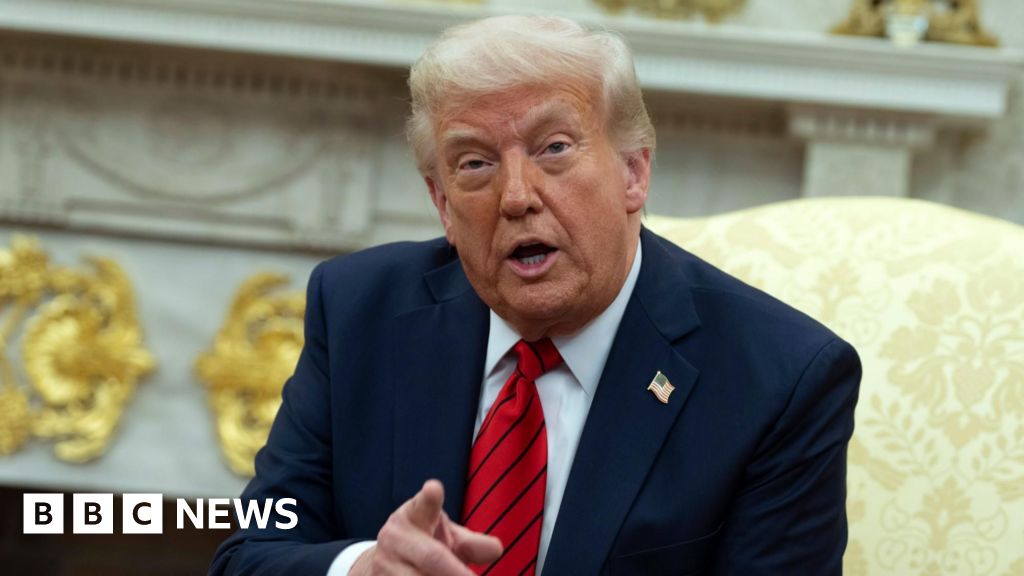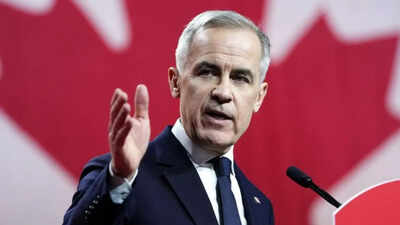International Committee Demands Justice for Rached Ghannouchi on Second Anniversary of His Arrest

As Tunisia marks the second anniversary of the arrest of Rached Ghannouchi, a significant figure in the country's political landscape, an international committee established last year has stepped forward to advocate for his release. The International Committee for Solidarity with Rached Ghannouchi has asserted that Ghannouchi is being held unjustly and under trumped-up charges.
Rached Ghannouchi, who has served as the leader of the Ennahdha party and the former speaker of Tunisias parliament, remains a pivotal opposition figure challenging the authority of President Kais Saied. In a statement released on Thursday, the committee highlighted the troubling legal circumstances surrounding Ghannouchi's imprisonment. It noted that over 15 separate cases have been launched against him, leading to what they term several unjust convictions and sentences.
Of particular concern is a recent ruling from February, in which Ghannouchi was handed a staggering 22-year prison sentence on charges that include plotting against state securityan accusation the committee vehemently claims he is unconnected to. Earlier this year, he faced a three-year sentence on accusations that his political party accepted foreign contributions, further illustrating the precarious situation for political dissenters in Tunisia.
At 83 years old, Ghannouchi has long been a vocal opponent of President Saied, who has been increasingly scrutinized for his authoritarian grip on power since being elected in 2019. His presidency has been marked by a series of legal reforms and a crackdown on opposition, leading to what critics describe as a systematic erosion of democratic norms. Ghannouchis arrest was particularly notable, as he emerged as the most high-profile opposition figure to be detained during this ongoing consolidation of power by Saied.
The committees statement underscores that these unjust trials and sentences are part of a broader campaign of repression driven by Saieds regime. It claims that the government is actively working to silence opposition voices across the political spectrum, stifling organized actions, and exercising control over media and civil society organizations. They further accuse Saieds administration of manipulating the judiciary to settle political scores.
Adding to the calls for justice, Human Rights Watch (HRW), based in the United States, recently urged the Tunisian government to cease its aggressive crackdown on dissent and to release all political detainees. In a report published just days before the committee's statement, HRW asserted that arbitrary detention has become a tool for quashing dissent in the country, particularly against prominent opposition figures like Ghannouchi, who are facing conspiracy charges.
The report echoes widespread concerns regarding the authoritarian nature of Saieds rule, particularly after he dissolved parliament in 2021 and began governing by decree. Many within the opposition have labeled Saieds actions as a coup, a claim he has consistently denied. Saied maintains that his goal is not to establish a dictatorship but rather to navigate Tunisia away from political turmoil and rampant corruption.
Saieds government has returned the country to an era of political prisoners, robbing Tunisians of hard-won civil liberties, remarked Bassam Khawaja, the deputy director for Middle East and North Africa at HRW. Since the beginning of 2023, a concerning pattern has emerged, with authorities detaining dozens of political opposition leaders, journalists, activists, and lawyers. Critics of Saied argue that this crackdown severely undermines the democratic gains achieved during the 2011 Arab Spring uprising, a period celebrated for its promise of political freedom and reform.





























